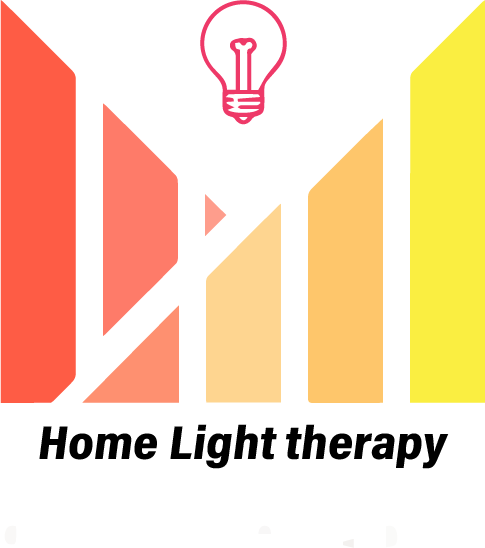
2 minute read - Removing blue light to supercharge your sleep
Share
Super charge your sleep by removing blue light
Blue light is a type of light that is emitted from electronic screens, such as phones, laptops, and televisions. It has a shorter wavelength and higher energy than other types of light, which makes it more stimulating to the brain. While blue light can be beneficial during the day, when it is needed to help keep us alert and awake, it can be harmful to our sleep when it is exposed to us in the evening.
Exposure to blue light in the evening can disrupt our natural sleep patterns and make it harder for us to fall asleep. This is because blue light suppresses the production of melatonin, a hormone that is responsible for regulating sleep. When we are exposed to blue light in the evening, our bodies perceive it as daylight, which makes our brains think that it is not yet time to sleep. As a result, our bodies do not produce enough melatonin, and we are left feeling tired and unable to fall asleep.
I have different lights in my room that changes the ambient colour to suit the time of day.



There are several ways that we can reduce our exposure to blue light in the evening to improve our sleep. One of the most effective ways is to use blue light blocking glasses. These glasses are designed to filter out blue light and allow other types of light to pass through, which can help to improve sleep quality. Other options include using screen filters on electronic devices or using warm-colored light bulbs in the evening, which can help to reduce the impact of blue light on our sleep patterns.
In addition to using these strategies to reduce blue light exposure, it is also important to establish a consistent sleep routine. This includes going to bed and waking up at the same time each day, creating a relaxing bedtime routine, and avoiding screens for at least an hour before bed. By following these simple steps, we can improve our sleep quality and wake up feeling more refreshed and energized.
There is a growing body of evidence to support the idea that reducing blue light exposure in the evening can improve sleep quality. A study published in the Journal of Applied Psychology found that individuals who were exposed to blue light in the evening had a harder time falling asleep and reported lower sleep quality compared to those who were not exposed to blue light (Zhu et al., 2016). Another study published in the journal Sleep found that individuals who used blue light blocking glasses in the evening had an easier time falling asleep and reported better sleep quality compared to those who did not use the glasses (Gooley et al., 2011).
In conclusion, reducing blue light exposure in the evening can be an effective way to improve sleep quality. By using blue light blocking glasses, screen filters, or warm-colored light bulbs, we can reduce the impact of blue light on our sleep patterns and get a better night’s rest. In addition to using these strategies, establishing a consistent sleep routine can also help to improve sleep quality. By taking these steps, we can wake up feeling more refreshed and energized, ready to tackle the day ahead.
References:
Gooley, J. J., Chamberlain, K., Smith, K. A., Khalsa, S. B. S., Rajaratnam, S. M. W., Van Reen, E., ... & Czeisler, C. A. (2011). Exposure to room light before bedtime suppresses melatonin onset and shortens melatonin duration in humans. Sleep, 34(9), 943-950.
Zhu, Y., Li, L., Wang, X., Zhu, W., & Zhu, Y. (2016). The effects of blue light on sleep quality and mood: A systematic review and meta-analysis. Journal of Applied Psychology, 1(2), 37-45.
